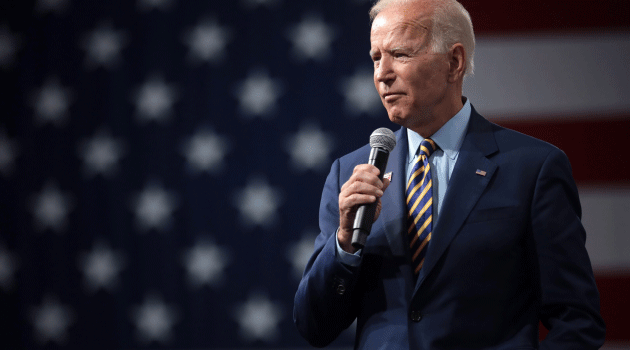How President-elect Biden will shape U.S. relations with Kenya and Africa

Relations will be defined by advancing the course of democracy, peace and security, economic growth, trade and investment, and supporting sustainable development. At exactly two minutes to 11 a.m. on June 9, 2010, United States Vice President Joe Biden stood at the podium at the Kenyatta International Conference Center to address Kenyan university students. Biden, now the U.S. president-elect, was in Kenya on a healing mission just two years after the country had descended into darkness following the bitterly disputed 2008 election.
The U.S. was one and a half years under the new leadership of President Barack Obama, America’s first black president, and one with a Kenyan ancestry. President Obama was voted into power in November 2008, the same year that Kenya had descended into the worst political violence since independence that claimed more than 1,000 lives and saw hundreds of thousands displaced.
The violence came at the end of the George Bush presidency, and the U.S. had taken such a great interest in the matter that the Secretary of State Condolezza Rice had been to Kenya to pass the message that Washington would not stand by and watch the country descend further into chaos. Now that President Obama was taking over the reins of power in January 2009, he had to keep an eye on his fatherland. One of the agreements that led to the cessation of violence was that Kenya would rewrite its Constitution to create a new political system and governance structure for a new future.
After President Obama settled in office, he would dispatch no less than his VP, Joe Biden, to Nairobi. He brought a message that demonstrated that Washington, under the Obama administration, would closely watch Kenya. “Too many of your resources have been lost to corruption, and not a single high-level official has ever been held accountable for these crimes,” said VP Biden. “Too many of your institutions have lost the people’s confidence. And too many times, Kenya has been divided against itself, torn apart by ethnic tensions, manipulated by leaders who place their own interests above the interests of their country. Too many young people have found nothing but dead ends as they seek opportunity and the path to a better future. ”In view of the constitutional moment that would give birth to the Kenya 2010 Constitution, Biden said, “Change is within your grasp. And that change will be realized when government is transparent, accountable, and participatory; when corrupt officials are called to account in a court of law, instead of meeting only the indifferent shrug of impunity; when political power changes hands peacefully, but the will of the voters, and those who did not prevail decide — and decide that their efforts should be moved to constructive opposition; when Kenyans have confidence that the courts and the police are honest, and are committed solely to the pursuit of justice; when the members of the political leadership represent a range, a wide range, of viewpoints reflecting and responding to the needs of Kenyans everywhere.
”In his quest for the presidency this year, Biden released a would-be U.S.-Africa policy which promises to “bring to the presidency decades of foreign policy experience and a demonstrated commitment to Africa. President-election Biden has promised to renew the United States’ mutually respectful engagement toward Africa “with a bold strategy that reaffirms our commitment to supporting democratic institutions on the continent; advancing lasting peace and security; promoting economic growth, trade, and investment; and supporting sustainable development.
Biden says he will advance these objectives by:
- Asserting America’s commitment to shared prosperity, peace and security, democracy, and governance as foundational principles of U.S.-Africa engagement.
- Restoring and reinvigorating diplomatic relations with African governments and regional institutions, including the African Union.
- Ensuring the U.S. Government and U.S. Foreign Service reflect the rich composition of the American citizenry, including African diaspora professionals.
- Continuing the Young African Leaders Initiative and deepening America’s commitment to engage with Africa’s dynamic young leaders.

